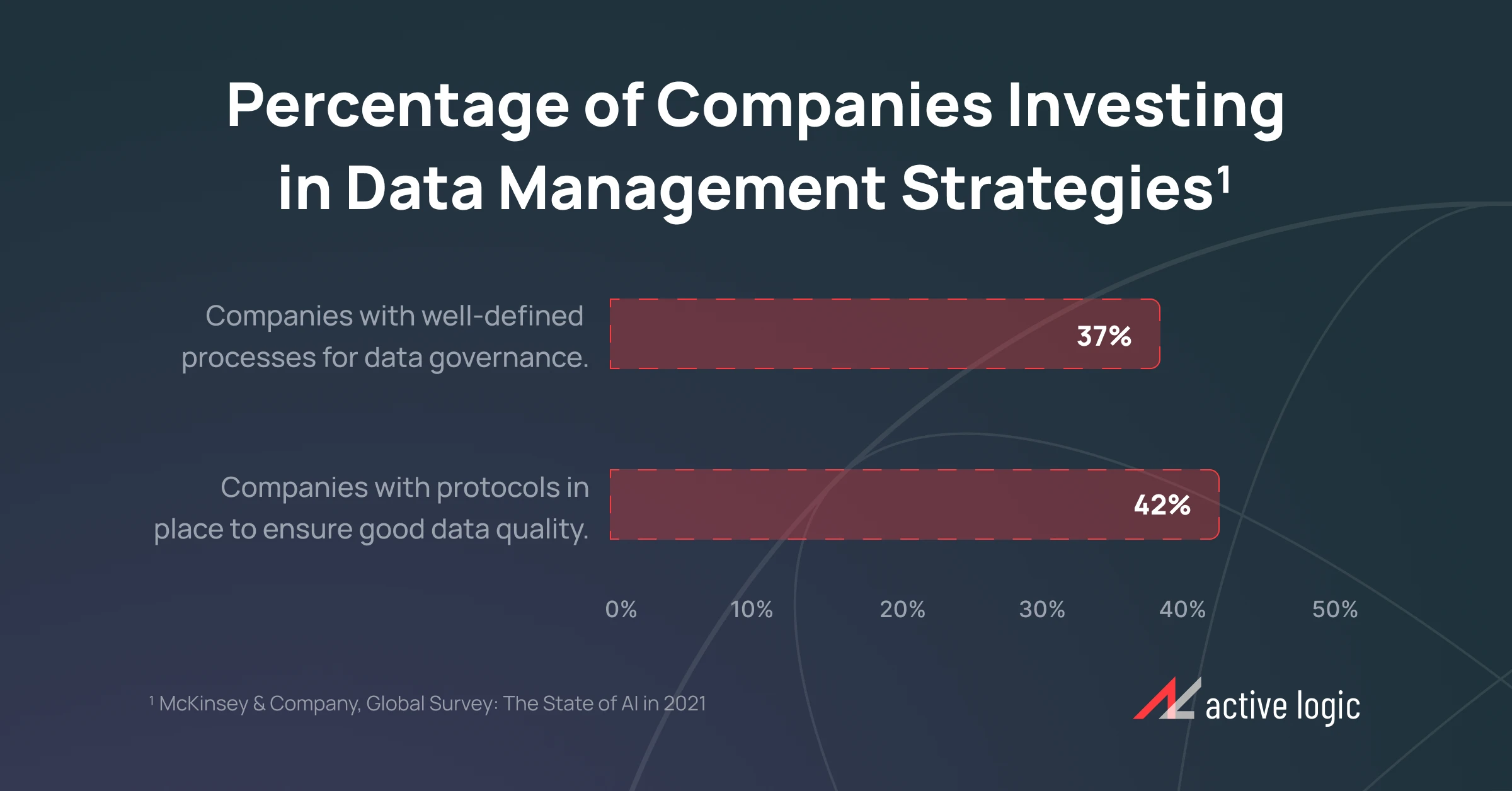Building Trust in the Age of Data: Utilizing Ethical Data Management as a Competitive Advantage
In a landscape increasingly marked by data breaches and privacy concerns, organizations are grappling with a dual mandate: comply with complex regulations and earn customer trust. For many, achieving transparency while ensuring data protection can seem like a trade-off. Traditional data management methods often lack the flexibility and ethical considerations needed to align with modern customer expectations, which seek respect, security, and transparency.
We're here to explore the transformative potential of ethical data management practices—not only as a means of compliance but as a strategy to build customer loyalty and enhance brand reputation. From understanding the challenges in today’s environment to outlining actionable steps for ethical data handling, this deep dive will offer insights to help organizations lead with integrity in an era of data-driven interactions.
Challenges Faced by Organizations
Today’s organizations face heightened scrutiny around data handling. Data breaches, regulatory requirements, and the complex interplay between compliance and user trust create significant hurdles. Traditional practices, such as minimal communication on data use and reliance on bureaucratic policies, can erode customer loyalty. These outdated methods often lack transparency, leaving customers uncertain about how their data is being used and safeguarded. For companies aiming to build a resilient reputation, addressing these challenges with clear, ethical standards is not just advisable—it’s essential.

Percentage of Companies Investing in Data Management Strategies
(Image Source: Active Logic)
Ethical Data Management Practices
Ethical data management involves embedding respect, transparency, and accountability into data policies and processes. Organizations that adopt these practices go beyond regulatory obligations, actively fostering trust by prioritizing customer privacy. Key elements of ethical data management include transparent data collection policies, clear consent mechanisms, and responsive customer feedback channels. Actionable steps to enhance data ethics include regular data audits to ensure compliant and ethical usage, as well as developing robust governance frameworks that guide ethical data handling throughout the organization. Open channels for customer feedback further demonstrate a commitment to transparency, solidifying trust through ongoing accountability.
Practical Applications
To effectively implement ethical data management, organizations should adopt structured communication strategies and build strong governance frameworks. Practical steps include:
- // Regular Data Audits: Conduct frequent reviews of data practices to ensure compliance and identify ethical concerns.
- // Customer Feedback Mechanisms: Establish channels where customers can voice concerns or ask questions about data usage.
- // Transparent Consent Processes: Ensure that all data collection is preceded by clear and accessible explanations, allowing customers to make informed decisions.
By integrating these strategies, organizations create a transparent, respectful data environment that aligns with customer values and expectations.
Benefits of Ethical Practices
The advantages of ethical data management extend well beyond regulatory compliance. Immediate gains include enhanced brand reputation, as transparency fosters a trustworthy image that resonates with customers. Ethical practices also drive customer loyalty—by valuing privacy and integrity, companies signal that they prioritize customer well-being. Case studies show that brands known for ethical data handling experience higher customer retention rates and greater brand loyalty, proving the value of this approach. Moreover, organizations adopting ethical standards are better positioned to attract customers who value data integrity, reinforcing their brand’s competitive edge.
Conclusion and Call to Action
The journey to ethical data management is a transformative one, requiring organizations to balance compliance with a proactive approach to customer trust. As we have explored, adopting these practices not only bolsters regulatory alignment but serves as a powerful strategy for enhancing customer loyalty and safeguarding brand reputation. We encourage organizations to take the first step by evaluating their current data practices. Consider how embracing ethical standards can lead to more transparent, valued, and loyal customer relationships. For further guidance on adopting ethical data management strategies, connect with Active Logic, where we prioritize responsible, customer-centric data solutions.
Contact Us
Tell Us About Your Project
Shoot Us a Call
Get ahold of our consultation team today to discuss your development needs!
Email Us
If you'd prefer to message us directly, no problem! We will respond as soon as possible.

